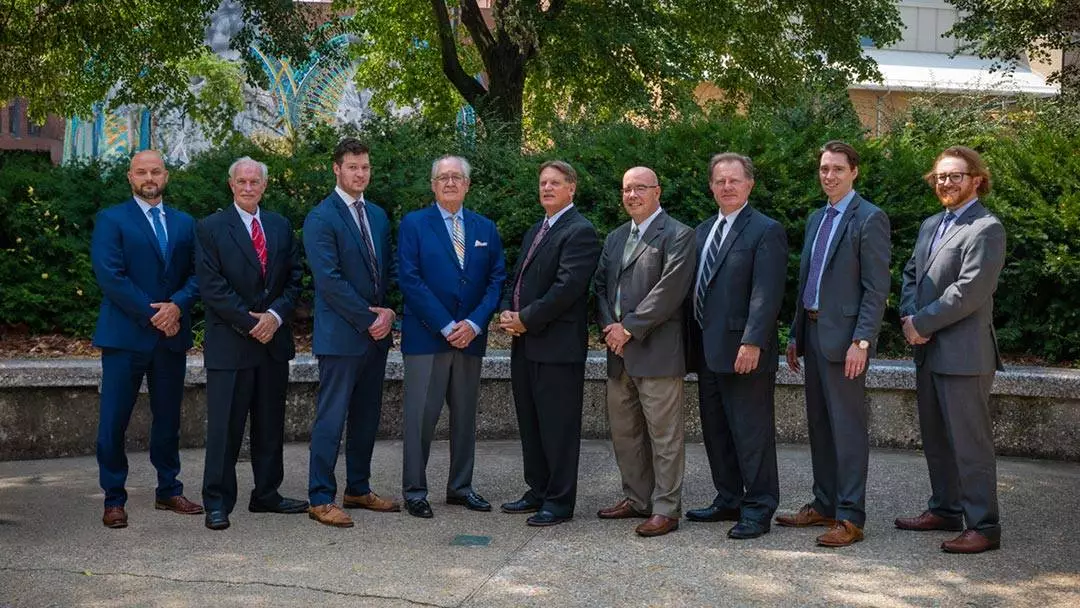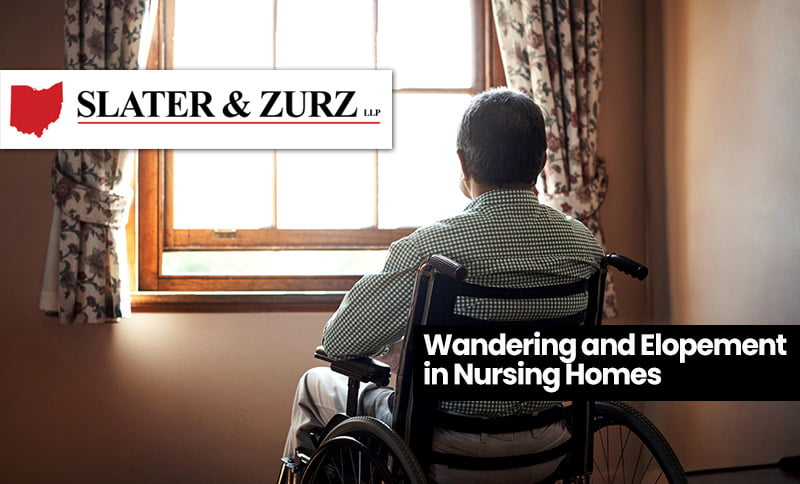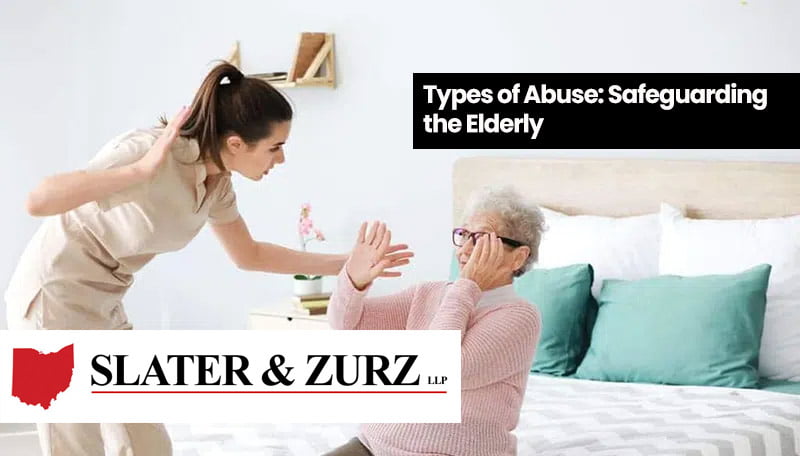When a loved one moves into a nursing home, families often breathe a cautious sigh of relief. You trust that professionals can handle their needs better, whether it’s keeping track of medications, helping with mobility, or providing the kind of around-the-clock support that you simply can’t handle alone.
But what happens when a facility starts making medical or financial decisions without involving the person holding power of attorney? It’s natural to feel blindsided — after all, power of attorney isn’t just a piece of paper, but a legal tool meant to protect a loved one’s wishes.
Read on as we unpack the limits of nursing home authority and, more importantly, what families can do when those limits are tested.
What is Power of Attorney?
Power of attorney is a legal way for someone to step in and act on behalf of a loved one, especially when that person can’t make those decisions themselves. It can apply to medical care (e.g., choosing treatments, speaking with doctors, or deciding on care plans), finances (e.g., paying bills, managing bank accounts, or handling insurance), or both.
When does POA go into effect?
Some POAs take effect immediately upon signing, while others are “springing,” meaning they activate only when certain conditions are met, such as a medical diagnosis of incapacity. In either case, the authority must be formally documented and recognized.
Can a Nursing Home Legally Override Power of Attorney?
In most situations, the answer is no. Under the Uniform Power of Attorney Act, which Ohio has adopted, facilities must honor a valid power of attorney.
That said, there are a few rare situations where a nursing home may need to act without the POA’s input. These are usually tied to safety concerns or legal complications, such as:
- Medical emergencies: If a quick decision is needed and the POA can’t be reached in time, the nursing home may step in to protect the resident’s health and safety.
- Suspected abuse or neglect: If there are signs that the POA agent may be causing harm (e.g., financially or physically), the facility may report the situation and limit the agent’s involvement while it’s being investigated.
- Issues with the POA document: If the paperwork is outdated, incomplete, or doesn’t clearly cover a specific type of decision, the nursing home may follow standard procedures until the issue is clarified.
Learn about the most common misconceptions about nursing home resident rights in Ohio.
What about guardianship or court involvement?
In some cases, a nursing home may believe that a power of attorney agent isn’t acting in the resident’s best interest. When that happens, the facility can ask the court to step in and appoint a legal guardian.
Guardianship is a serious legal process. It typically involves a formal review of the resident’s mental and physical capacity and a court decision about who should take over important decisions. If a guardian is appointed, they may be given authority that overrides the existing power of attorney, but this requires the court’s approval.
In Ohio, a nursing home cannot secretly petition for guardianship without involving the family. The probate court is required to notify all interested parties and give them an opportunity to respond. If a guardianship hearing is underway and you haven’t been notified, that’s a red flag — and a reason to speak with an attorney immediately.
What To Do If a Nursing Home Ignores Power of Attorney
Even when a POA is legally valid, there can still be tension between families and facility staff, especially if there’s disagreement about what’s best for the resident.
Sometimes, nursing homes may push back on a POA agent’s decisions or question whether those choices are interfering with care. This often comes up in situations like:
- Disagreements over treatment or medication plans
- Refusal to approve certain procedures
- Concerns about how bills are being paid or insurance is handled
- Disputes over transfers to different facilities or hospitals
While it’s frustrating, not every conflict means the nursing home is acting maliciously. Many times, these situations stem from confusion, miscommunication, or unclear policies, not deliberate attempts to override POA rights.
That said, when a nursing home repeatedly ignores requests, shuts out family members from decision-making, or dismisses valid documentation, it crosses a line. If this happens, there are steps families can take to protect their loved one and reestablish their legal authority.
Document everything
If something feels off, start by gathering information and keeping a paper trail. This can go a long way in resolving misunderstandings or building a stronger case if legal action becomes necessary.
This means:
- Keeping a written log of incidents, including dates, names, and what happened
- Saving all correspondence, including emails, letters, texts
- Asking for explanations or clarifications in writing from the facility’s administrator or care team
Review the POA document
Before taking further action, it’s important to double-check that the POA document is in good standing. Over time, documents can become outdated, unclear, or even invalid if they weren’t properly executed in the first place.
If you’re unsure whether the document holds up, an elder law attorney can review it and help revise or re-execute a stronger version.
Escalate with legal support
If things don’t improve or if the facility is clearly ignoring your authority as a POA, it may be time to pursue legal help. At Slater & Zurz, we can help you:
- Send a formal letter demanding the nursing home respect the POA
- File a complaint with Ohio’s long-term care ombudsman
- Pursue legal action if the facility is violating resident rights
Our team has worked with hundreds of families facing nursing home abuse, neglect, and overreach. We know how personal and painful these situations can be. Whether a facility is ignoring your legal rights, shutting you out of decisions, or making changes you never agreed to, we’re here to help you take back control and protect the person you love.
If you’re concerned about how a nursing home is handling your loved one’s care or ignoring your role as power of attorney, reach out to us for a free consultation at 330-762-0700.
Written by Brandon Dean
Brandon, a partner at Slater & Zurz, heads the Medical Malpractice and Nursing Home/Geriatric Abuse Division. Since 2016, he has consistently earned the Ohio Super Lawyer Rising Star distinction. He is an active member of multiple bar associations, reflecting his deep commitment to his clients and legal excellence.






